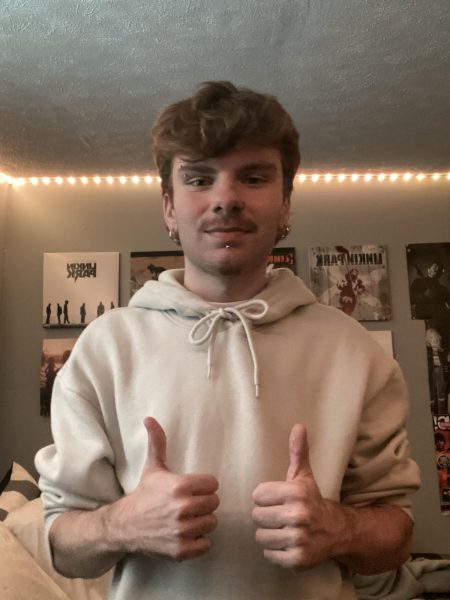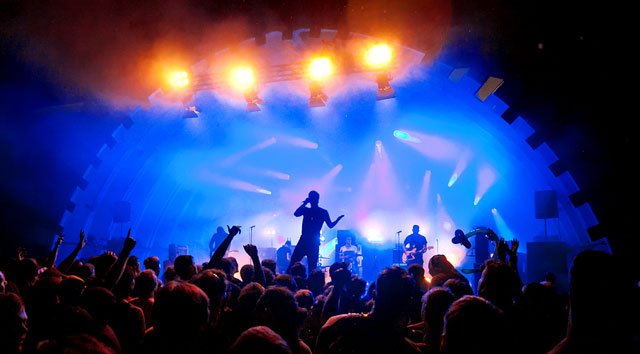Concerts Surprisingly Have Health Benefits
One of Palone’s New Year’s resolutions is to attend his first concert. He wants to go to one, but the reason he hasn’t yet is due to safety concerns. Attending concerts is known as “medicine for the mind”, easing stress and helping the attendee appreciate the music and artist more.
The reason that music is known as medicine for the mind is because it makes everybody feel good. It stimulates the brain and according to scientists, lights parts of the brain up that usually remain dormant. Scientists have also stated that when listening to music, it lowers the hormone cortisol, which is one of the main causes for both anxiety and stress.
To support this stance, it is true that music makes everybody, or almost everybody, feel better. It is scientifically proven to stimulate the brain. Also, most people use music as a getaway from life, easing stress and anxiety from the mind. It can be very relieving for so many people. It is therapeutic as well. There are actually people who use music to run away from everything in life and in a therapeutic way.
Not only does music stimulate the mind, but attending concerts can be great exercise. At concerts, most people dance. Dancing is great exercise. Based on recent studies as said by the American Psychological Association from Friday Health Plans, music enhances physical performance when exercising. On top of this, live concerts connect people to one another, said Palone, which is something many people have been craving since the pandemic started.
Dancing is a form of exercise. The reason that people would burn the most calories at a concert is because they’re experiencing it live, in person, while the person is singing loudly in front of them. Compare this to listening to music with half volume through headphones; there’s going to be a drastic difference in danceability. Human-to-human connection is beneficial to attending live concerts too. It is in fact something so many people have lost the ability to have due to the pandemic, where concerts were prohibited for almost a year.

Chris Palone is a junior and a third year Journalism student.
Palone likes to play video games and go biking. He serves as an editor in chief for the...



